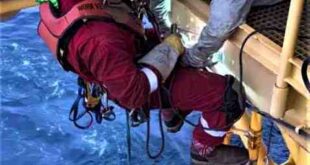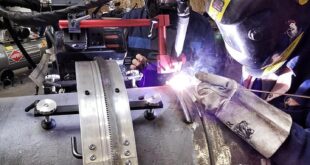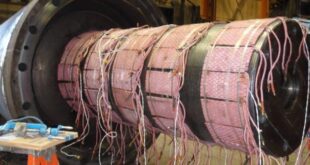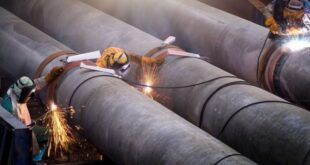Offshore vs Onshore Welding Introduction Welding plays a crucial role in the construction, maintenance, and repair of structures across various industries. Whether it’s the fabrication of pipelines, construction of infrastructure, or maintenance of industrial facilities, welding is a fundamental process that ensures the integrity and durability of metal structures. However, …
Read More »Engineering Properties of Welds
Engineering Properties of Welds Introduction Welding is a fundamental process in the realm of engineering, serving as the bedrock for joining materials to create structures and components. It is a transformative technique that involves the melting and fusion of materials, resulting in a strong and durable bond. This introductory section …
Read More »Post Weld Heat Treatment Process (PHWT)
Post Weld Heat Treatment Process (PHWT) In the field of welding, achieving strong and reliable joints is crucial for ensuring the structural integrity and performance of various components. One effective method employed to enhance the properties of weldments is the Post Weld Heat Treatment Process (PHWT). This process involves subjecting …
Read More »Hydrogen Embrittlement in Welding
Hydrogen Embrittlement in Welding Hydrogen embrittlement is a critical concern in the welding industry, impacting the integrity and performance of welded structures. In this article, we delve into the phenomenon of hydrogen embrittlement, its causes, preventive measures, and its influence on various welding techniques. By understanding the complexities of hydrogen …
Read More »Welding in the Oil and Gas Industry
Welding in the Oil and Gas Industry Introduction Welding plays a crucial role in the oil and gas industry due to its importance in the production and transportation of energy resources. The sector heavily relies on welding to ensure the integrity and reliability of various structures and equipment. Without welding, …
Read More »Magnetic Particle Inspection – NDT Inspection
Magnetic Particle Inspection – NDT Inspection Introduction Magnetic Particle Inspection (MPI) is a non-destructive testing (NDT) technique used to detect surface and subsurface defects in ferromagnetic materials. This method utilizes the magnetic properties of materials to identify defects that are not visible to the naked eye. MPI is commonly used …
Read More » Welding of Welders All about Welding and Welders
Welding of Welders All about Welding and Welders





